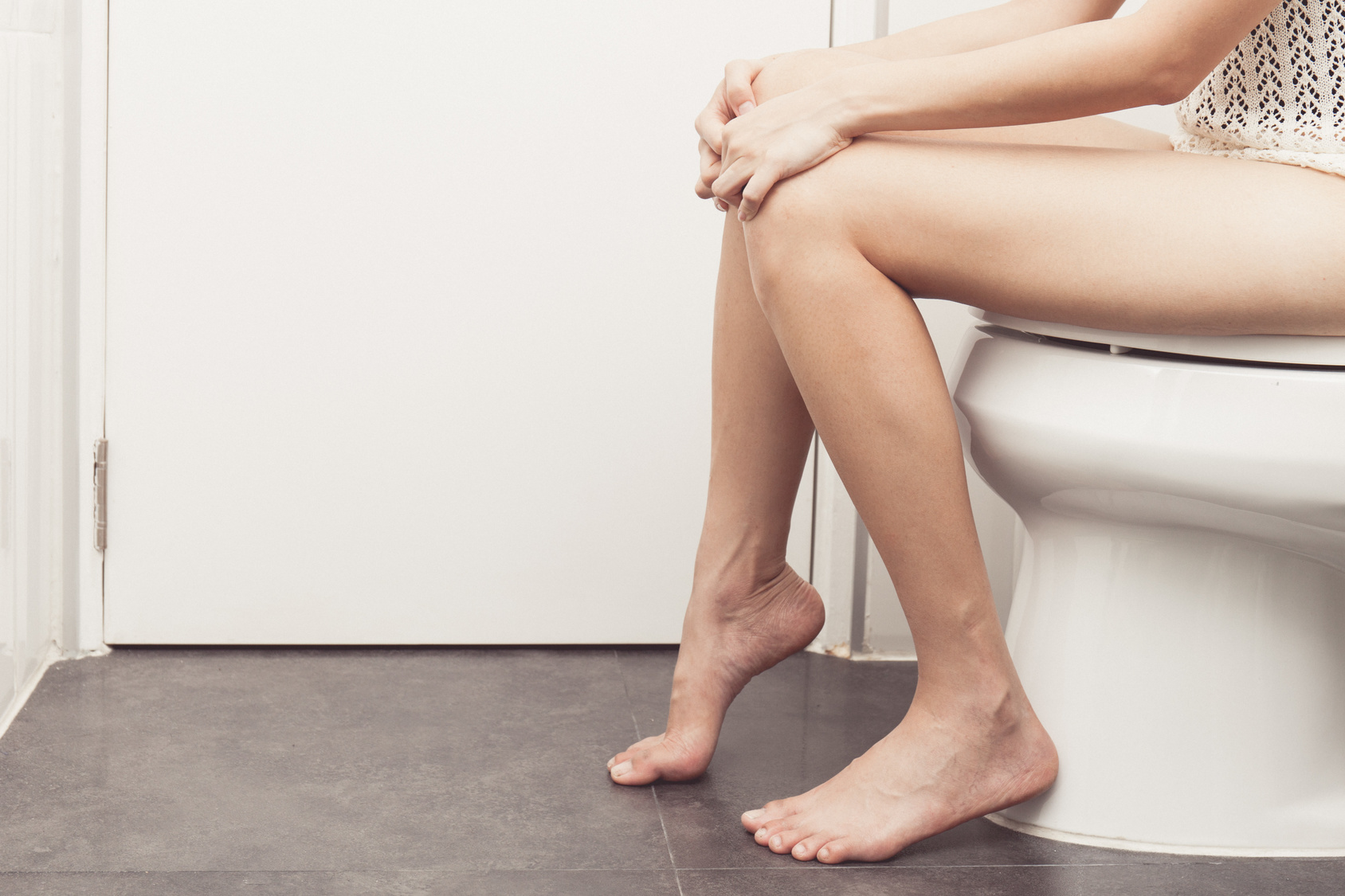Pregnancy is downright an unforgettable experience for a woman. Nonetheless, not all women can agree with this since the journey is often different for each one of them. As such, if you are an expectant woman, you may have witnessed first-hand several body changes such as weight gain, fluid retention, heartburn, sore breasts among others. Anal itching is another common problem that ruins this beautiful phase for most women.
For most pregnant women, anal itching occurs commonly during the third trimester. Mostly this situation is owed to the pressure that the heavy uterus puts on adjacent veins. In turn, the tiny blood vessel clumps form around and inside the anus. Hemorrhoids, which are a common cause of anal itching, may crop up during the first months of pregnancy since hormonal changes often cause constipation. 
What are some of the Causes of Anal Itching during Pregnancy?
During pregnancy, the uterus enlarges while the blood volume rises. This situation translates to increased pressure on the veins running through the anus, which cause them to swell. The increased pressure not only causes hemorrhoids but also pain or discomfort on the anus. Common symptoms associated with this problem include anal burning, pain, and itching, especially when defecating. External hemorrhoids or rather those found around the anus look like bluish-colored lumps, which are painful, but they do not bleed. On the other hand, the internal ones bleed whenever hard fecal matter moves past the swollen veins.
Constipation can also be another cause of anal discomfort when pregnant. Pregnancy hormones slow down the bowel, resulting in constipation. What’s more, your anal itching menace may be as a result of prenatal vitamins containing synthetic iron. The straining associated with constipation problems often triggers the formation of hemorrhoids.
Prevention Measures
- To keep hemorrhoid formation at bay, avoid the straining associated with constipation at all cost. The best way to do this is by eating a balanced diet as opposed to eating what your hormones tell you to Fiber-rich foods such as berries, avocados, whole grains like brown rice and oatmeal as well as vegetables like Brussels sprouts and broccoli can help combat constipation issues.
- Take a lot of water about 10 eight-ounce glasses of water per day. Stay hydrated!
- Avoid standing and sitting for long durations. When at home try as much as possible to rest on your side when watching TV or reading. This technique plays a vital role in relieving downward pressure, particularly on your If your occupation involves sitting down all day, try to stand and walk around for several minutes each hour.
- Make sure that you use the toilet whenever you get the urge. Trying to hold it will be a great disservice to you, as it may cause constipation.
- Start Pruritus Ani Treatments.
- Take probiotics. They aid in supporting the digestive system and are similar to the microorganisms present in the gut or intestines of each human
- Opt for daily kegel exercises. They are ideal for reinforcing your pelvic floor muscles. Also, kegel exercises will not only boost the circulation in your rectal region but also provide more support to your rectum. The beauty of these exercises is that you can do them virtually anywhere.
Treatment Measures
In most cases, you can treat your anal itching problem at home without having to deal with a doctor. Here are some of the ways that can help you:
- Try over-the-counter Apply products like cortisone or lidocaine to speed up healing and minimize pain.
- Opt for a cold compress. Make it by wrapping a bag of vegetables or an ice pack in a towel. Then press it against your anal region for pain
- A sitz bath will work for you. Get a sitz bath from your local drugstore and place it over your toilet bowl. When bathing, fill the bath with Epsom and warm water before sitting on it with your anus immersed in the water for 15-20 minutes.
- Your Anus should be Clean and dry at all times. Avoid using the normal dry toilet paper to clean your anus. Instead, opt for baby wipes or moist towelettes, as they are gentle and soft. You can also apply baking soda to your rectal area to get rid of the itchy feeling.
In case natural remedies or self-care measures fail to deliver the desired relief, consulting your healthcare provider is advisable. Medical treatment options that your physician may use include injections, rubber band ligation, suppository or surgery if all the other options fail to work.











